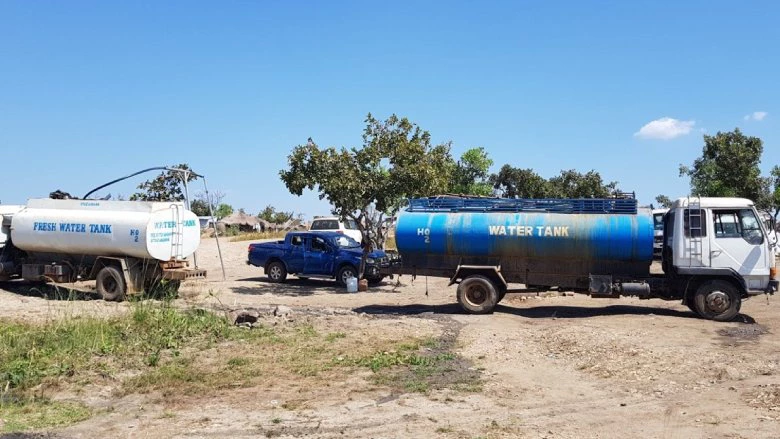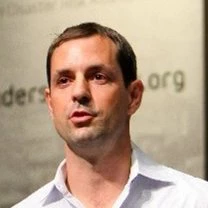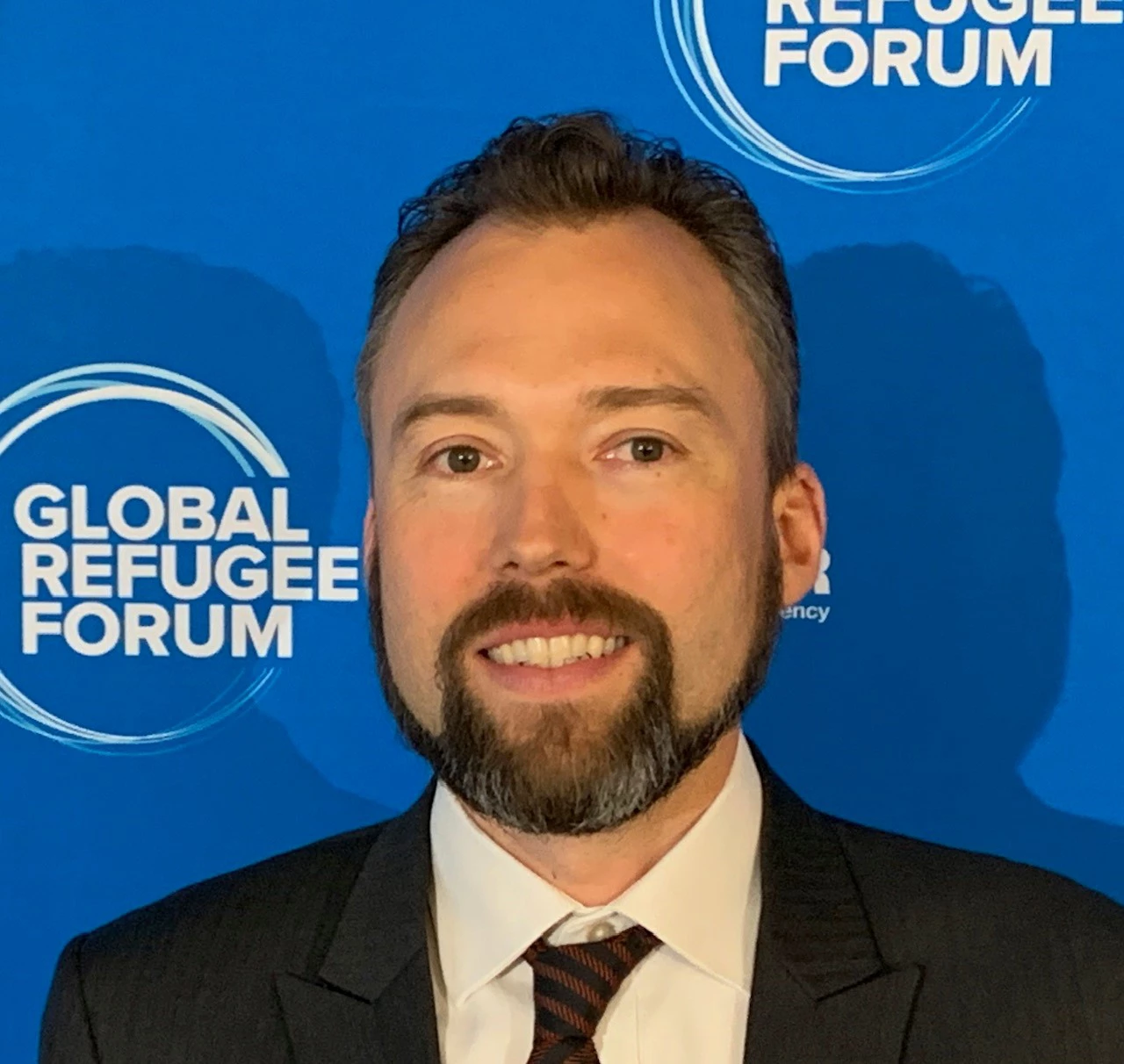 Tanker trucks bring water to the Bidi Bidi refugee settlement in Uganda. Credit: Ai-Ju Huang/World Bank.
Tanker trucks bring water to the Bidi Bidi refugee settlement in Uganda. Credit: Ai-Ju Huang/World Bank.
Uganda has been at the forefront of implementing a groundbreaking approach to provide sustainable water services to refugees and host communities. By shifting from a traditional humanitarian model to a holistic development approach, Uganda has made strides in improving sustainable water services for both refugees and the local population. This transformational leap has been made possible through the collaboration of the government of Uganda, World Bank, and United Nations High Commissioner for Refugees (UNHCR), setting an example for other countries facing similar challenges.
From the major inflows of refugees starting in 2015 when water services had to rapidly scale-up, water service provision in refugee settlements throughout Uganda were fragmented, unstable, and inefficient. Institutional and financing gaps, dependence on external support, and overuse of water schemes contributed to wear and tear of infrastructure. Water was often trucked during the initial emergency stages at very high costs then transitioned into systems built by nongovernmental organizations. This led to the implementation of new water schemes by humanitarian partners, resulting in a proliferation of disparate and incompatible systems.
The Transformational Leap from Fragmented to Holistic Service Provision
Around 2018, recognizing the limitations of the traditional humanitarian model, the government of Uganda, in partnership with the World Bank and UNHCR, embarked on a reform process to integrate humanitarian and development approaches. This involved policy and regulatory amendments, the development of sector plans under Uganda’s Comprehensive Refugee Response Framework, including the Water and Environment Response Plan for Refugees and Host Communities, and the introduction of user fees in settlements to sustain water services. The Global Compact on Refugees, Uganda’s Comprehensive Refugee Response Framework, and the comprehensive inclusion of refugees under the National Development Plan III provided the guiding frameworks for this paradigm shift.
The World Bank and UNHCR played crucial roles in supporting Uganda's water reform agenda. The World Bank financed studies that underpinned the dialogue for policy and regulatory reforms as well as the tools and roadmaps to facilitate the transition. UNHCR was instrumental in convening the stakeholders and rallying them towards the strategic shift to the new model.
The New Model: Transferring Humanitarian Systems to National Utility Services
A key aspect of the transition was the integration of water supply management from UNHCR into Ugandan national utilities. This involved transferring water systems in refugee settlements to national water authorities, such as the National Water and Sewerage Corporation and umbrella authorities, to enable better coordination, standardization, and long-term sustainability of water services. User fees were introduced to ensure financial sustainability and equal access to water for both refugees and host communities. This supported a more sustainable approach to operations and maintenance of the water supplies and led to greater ownership of water services by the communities. Memorandums of understanding were signed between UNHCR and national utilities to pilot test the new model of water service delivery in selected refugee settlements. These pilots included the application of pro-poor tariffs for water services, aligning with the socioeconomic profile of the refugee population. These initial efforts mobilized US$ 57 million from donors and resulted in 50 water system transfers, enabling national water providers to serve about 12% of the refugees in Uganda. Looking forward into the next phase, more water systems continue to be transferred, including large ones in settlements hosting more than 180,000 refugees.
The journey to full integration of water provision in refugee settlements is long and complex, with many variables to consider. Uganda's journey over the past four years toward achieving sustainable provision of water services to refugees and host communities has been commendable. The collaboration between the government, international organizations, and local communities was essential. The lessons learned from this experience will continue to inform and guide the ongoing and future efforts on the provision of sustainable water services to refugees and host communities, not only in Uganda but around the world.




Join the Conversation